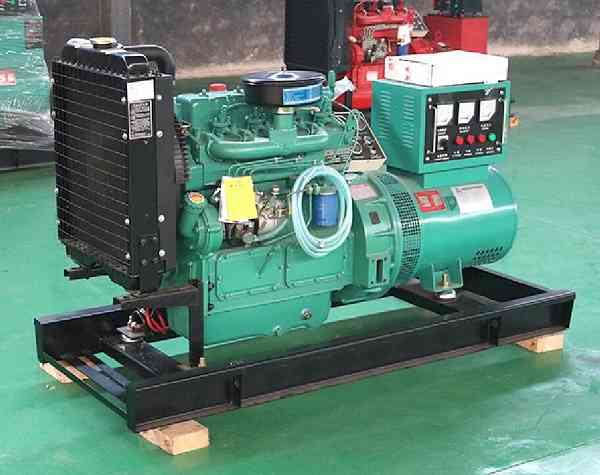40 Delhi malls using gensets to be shut down

New Delhi, Dec 10 (IANS) Following the Commission for Air Quality Management's (CAQM) order, the Delhi government will shut down about 40 malls that are using diesel generator sets for power backup to curb national capital's air pollution.
The V3S mall in east Delhi's Nirman Vihar is one of the very first names revealed, a source told IANS.
"Only malls using diesel generator sets (DGS) for power have been closed," a CAQM official said.
This move came after the Supreme Court on Friday allowed the Commission for Air Quality Management in NCR & Adjoining Areas to take a decision on relaxing ban on construction activities and restrictions on industrial activities, after examining representation of various bodies.
Since 2015 onwards, with the onset of winter, Delhi's air quality starts deteriorating and goes on to settle in the "very poor" and "hazardous" category. An AQI between zero and 50 is considered "good", 51 to 100 "satisfactory", 101 to 200 "moderate", 201 to 300 "poor", 301 to 400 "very poor", and 401 to 500 is considered "severe".
According to the Centre for Science and Environment (CSE), vehicular pollution comprises more than half of all sources, followed by household pollution between 12.5 and 13.5 per cent. Industry contributes 9.9-13.7 per cent of the pollutants, construction 6.7-7.9 per cent, waste burning 4.6-4.9 per cent, and road dust 3.6-4.1 per cent.
According to a compiled Action Taken Report (ATR) prepared by the Department of Environment & Forest, from November 17 to December 6, a total of 4,245 sites using diesel generator sets were inspected, of which 48 were found using the sets, 18 were shut down, and a fine of 5.4 lakh was imposed on them for not adhering to the anti-dust pollution guidelines.
The Central Pollution Control Board (CPCB), in October, banned the use of diesel generator sets and ordered enhancing parking fees by up to four times in Delhi-NCR. This measure was listed under the Graded Response Action Plan (Grap) when the air quality settled in the "very poor" category.


 IANS
IANS 










